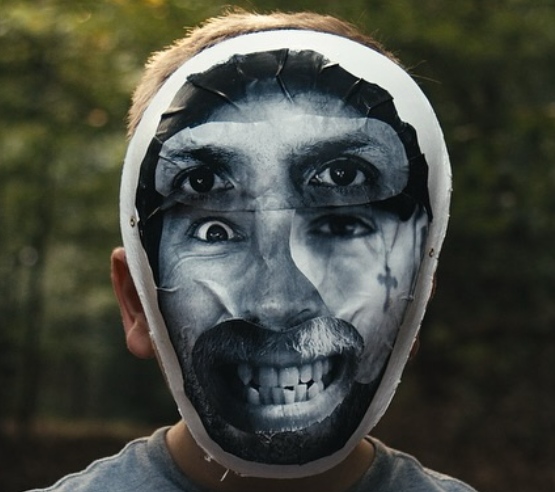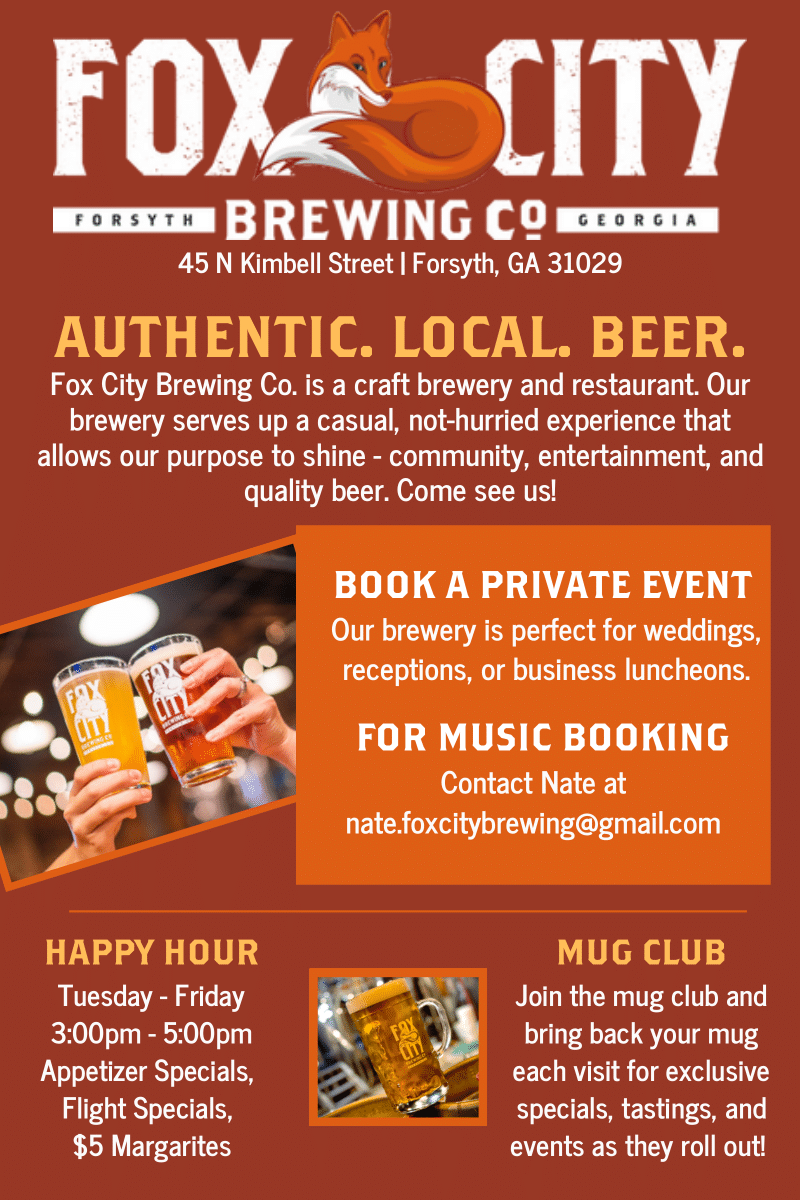By Caleb Allison
Subjectivity is a tricky concept. It’s the idea that some things don’t have a right answer. Some laugh at the morbid, others recoil. Some call chefs artists, or fashion designers, or musicians—but where do we draw the line?
Music, arguably, is one of the purest forms of creation. And when it comes to musical artists,some play to be heard. Others play because it’s the only way they can speak.
I reached out to local musician Chad Widner of the band Cursed Dealer. They’re releasing a debut EP on April 11, already shooting a video for “Boxcutter,” and playing their first show April 19th at Motorheads in McDonough with Dead Register.

Imagery for Widner’s EP.
But I wasn’t drawn in by the buzz—I was drawn in by something else.
This form of art hit a nerve. I opened the interview with a story I don’t share often. A few years ago, I developed music-triggered epilepsy. My brain would short-circuit the second a song gave me goosebumps. It was like my mind couldn’t close the door it opened when it heard something transcendent. That threshold never resealed.
It’s made my relationship with music complicated. I’m not a musician anymore. But I’m still connected to music in a way that borders obsession. It could kill me. But I’d still die loving it.
So I had questions. Not about fame or gear, but about where the music comes from. What it feels like when it’s real. What it means when it’s all you’ve got. And Chad seemed like the perfect person to ask.
“Is music a place you’re escaping to, or one you’re searching for?” I asked.
He didn’t flinch: “Both. Depends on the day. But really, I’m chasing a euphoria.”
Writing doesn’t come from solitude, he explained. It comes from being with people. Feeding off a drummer tapping out a random pattern. A bassist locking in. The whole room syncs up.
“I don’t sit down and write. I stand in a room with a drummer and a bassist, and we chase something. When I feel everyone get hyped, I know I’ve found the zone.”
I knew what he meant. That invisible current where time dissolves and nothing else exists. Not phones. Not fear. Just presence.
“You don’t have to talk. You just look at each other and follow. It becomes its own language.”
He called it a runner’s high. I’d call it communion. One of the few universal things. Like love, when it’s real. Or food, when it’s good. And most of all, music. Every civilization has had it.
Every future one will. It’s the heartbeat behind why we go to concerts, why we sing in churches. It’s transcendence. A shared frequency where no words are needed, because everything is being said already.
When I asked Chad if he felt more like himself listening to music or making it, he didn’t hesitate.
“Making it. Always. But if I didn’t listen, I might go insane.”
He listens to a lot. His palette is wide. But it leans dark. ‘Even Kind of Blue’ by Miles Davis—“It’s
dark,” he says. Tyler Childers? “There’s something sinister there.” Slayer. Amenra. The Melvins.
The media he consumes bleeds into what he creates. Not feel-good stuff. Feel-it stuff.
I asked him about the ghost in his music. The thing that haunts it. That shows up even when he doesn’t invite it. He paused.
“I don’t know if it’s a ghost. But I do feel like there’s a Grim Reaper behind me when I’m playing.”
Not in a morbid sense, he clarified. It’s not death behind him—it’s duty. If he’s not making music, something’s wrong. Even if nobody hears it. Even if he doesn’t like it. It has to exist.
That’s what a true creator feels. A hand on the shoulder. A quiet but firm reminder: there’s something you’re meant to do. And if you don’t, something’s going to rot.
A doctor might call that anxiety. But artists know: the catharsis that comes after feeling that hand is unmatched.
“I feel like I’m doing myself, and the people I love, a disservice if I’m not putting something out.”
For Chad, this isn’t about fame. Not anymore. Like most young musicians, it started that way.
But that phase ended a decade ago. Now it’s compulsion. It’s survival.
He told me about a year he wasn’t in a band. Everything looked good on paper. Good job. Good friends. A full life. But he was miserable, and he didn’t know why. Until one night, he filled in on bass for a friend’s band.
“I’m not even a bass player. But we played, and I got home, and I was like—oh. That’s what was missing. That’s what was wrong with me.”
That’s the thing about creating. You don’t always realize how much of yourself you’ve shut off until someone plugs you back in.
He ended the conversation on a line that hit me like scripture:
“First we create. Then we transform. Then we capture. Then we release it.”
That’s what he does. What all the real ones do. They don’t just play music. They become it.
They let it pass through like a ghost—not to haunt, but to visit. It possesses. It moves your fingers in twitchy, familiar ways.
You don’t know why. You just do it. And for people like Chad, it’s how they remember they’re alive. For the rest of us, if we’re lucky, it helps us remember too.
That’s what art is all about, and it’s solely why Chad is the featured artist in this edition.
He serves as a reminder; there’s a universal language between us all. We just have to learn how to listen.







